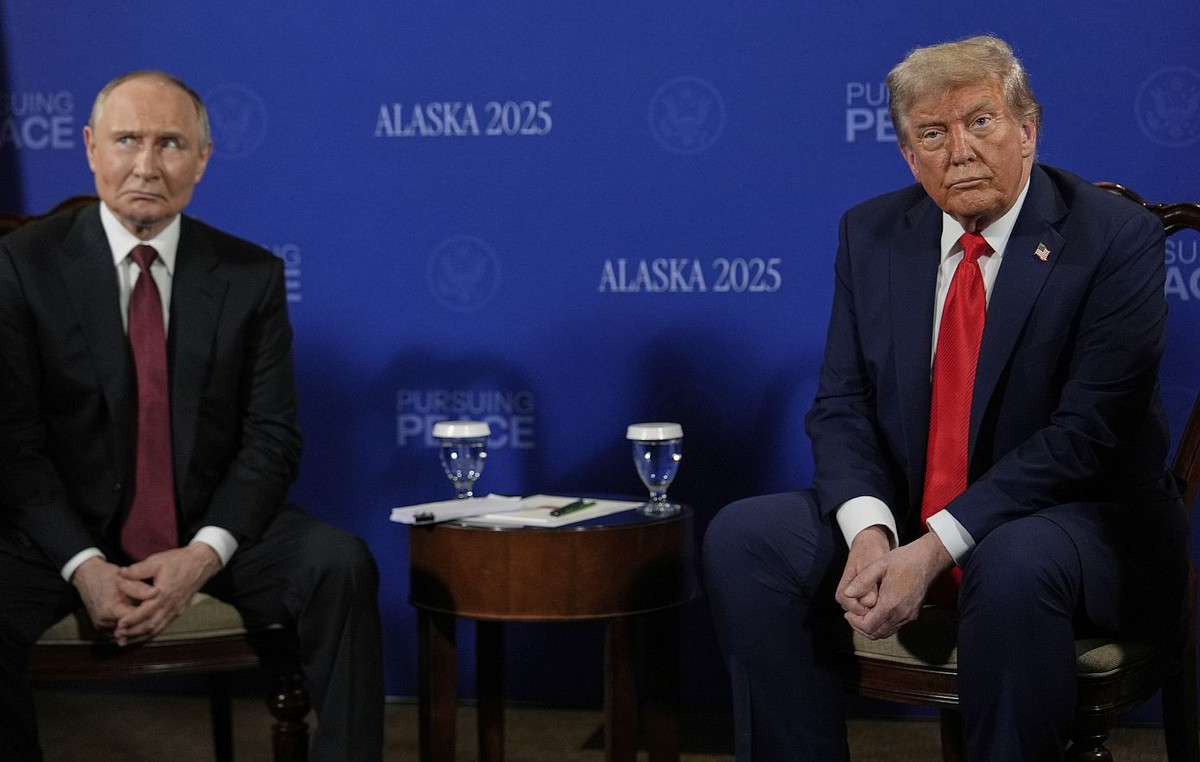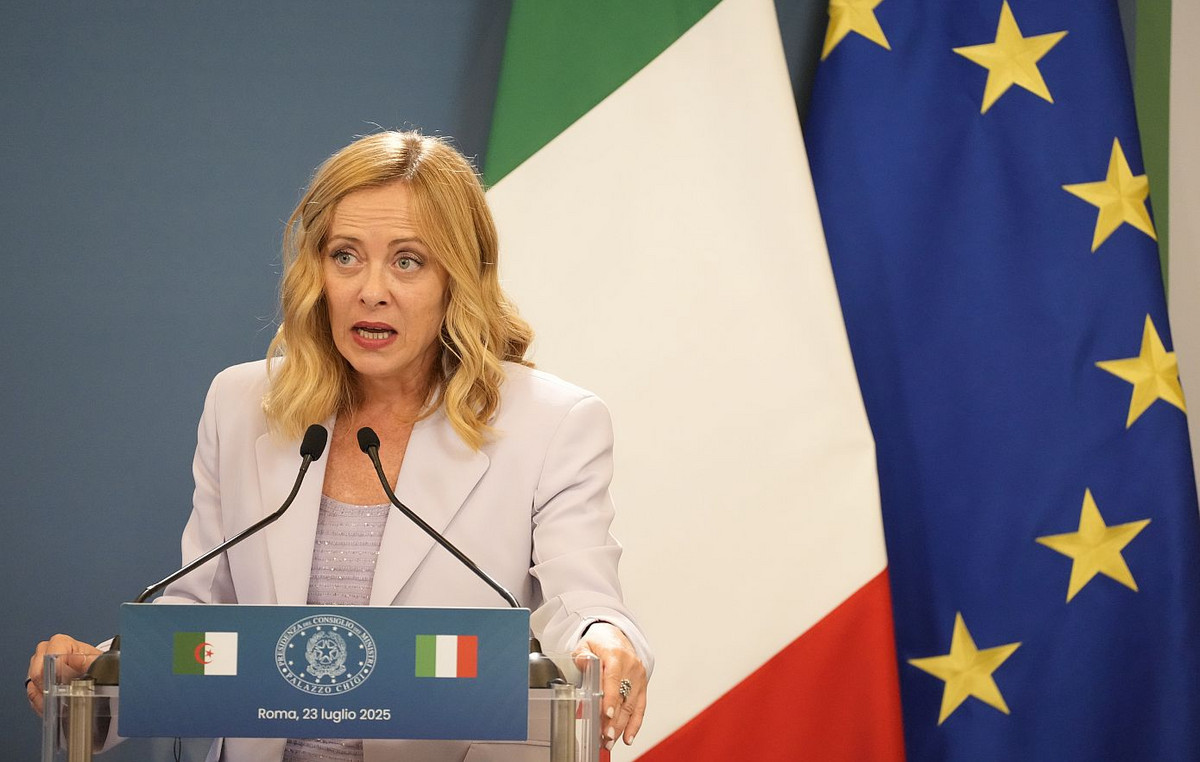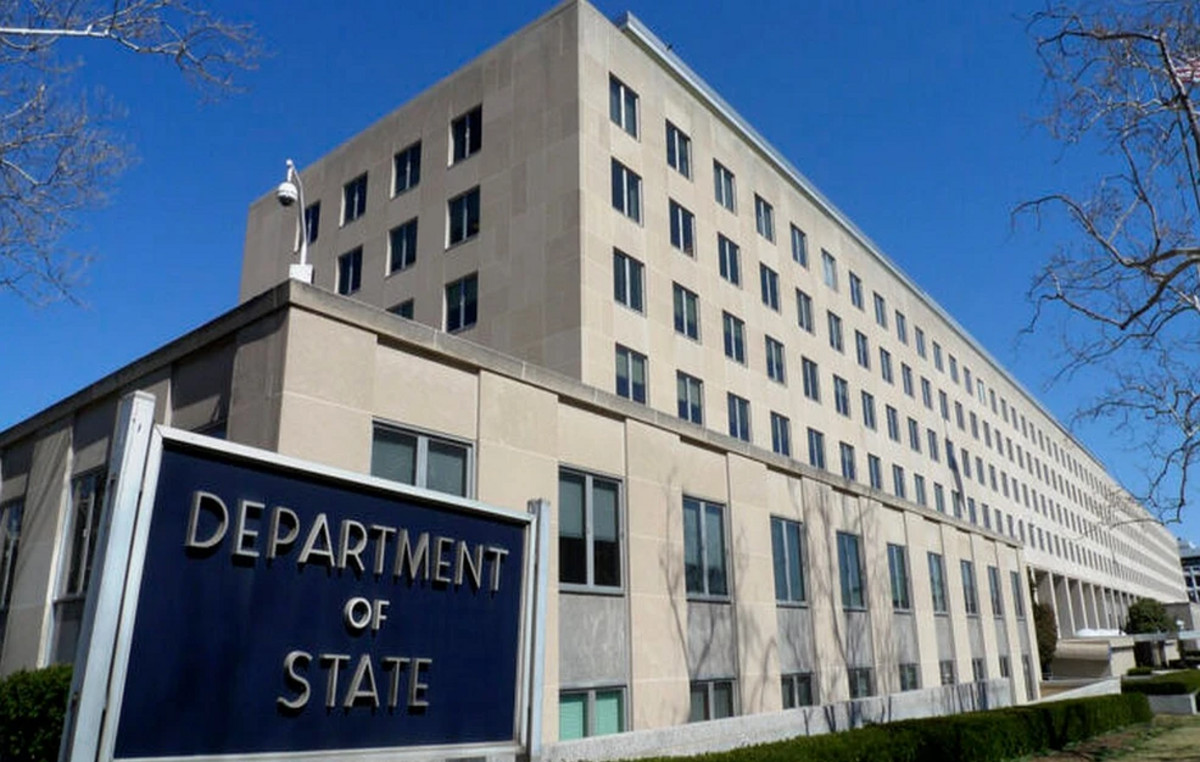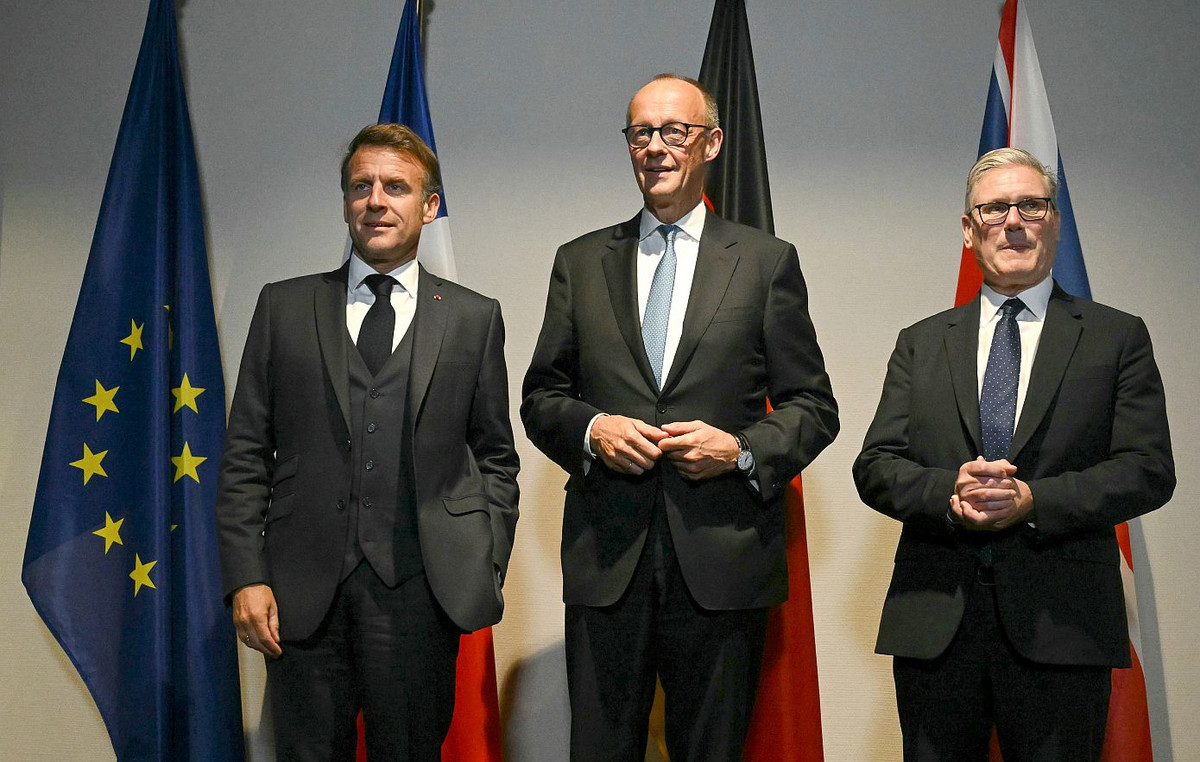As the presidential campaign in Argentina progresses, candidates to govern the country for the next four years continue to take to the streets and social media to show their economic proposals.
After the primary elections, held on August 13, deputy Javier Milei emerged as the main candidate for President, followed by Economy Minister Sergio Massa and former Security Minister Patricia Bullrich.
Javier Milei
The deputy from the City of Buenos Aires for La Libertad Avanza based his campaign almost entirely on economic definitions that come from his professional training in this area. He was the candidate with the most votes in the primaries, so attention to his proposals is growing.
Through a three-step plan, the economist says he aspires to change the country in the next 35 years. Firstly, he proposes a tax reduction, followed by commercial, financial and labor flexibilities.
Later, as part of a program that, according to him, would last more than three decades, he promised to close the Central Bank and dollarize the economy. Milei speaks of a major reform that would include a sharp reduction in public spending, the privatization of public companies and the elimination of retentions and any type of taxes on the import of inputs.
Milei presented his main collaborators on economic issues after the primary elections. The idea of dollarizing the economy became one of the key issues during the campaign. In this sense, some of the economists who follow him have contained the expectation of immediate dollarization. If implemented, they say it will be in the medium term and if certain conditions are met.
Sergio Massa
Many analysts maintain that Massa is at a disadvantage in this campaign, due to his dual role as minister and presidential candidate. In other words, his economic proposals for the future clash with the requirement that they be applied during his current tenure at the head of the Treasury Palace.
After the primaries, the minister-candidate took a series of measures to mitigate the effects of the August 14 devaluation, seeking to contain the deterioration in salaries. He managed, on his initiative, for Congress to eliminate the fourth category of income tax, which favors sectors at the top of the salary pyramid, but he also made announcements aimed at retirees and informal workers, among others.
During the debate, Massa promoted new speeches on the economic issue, promising punishment for tax evaders and the creation of a digital currency, without giving further details on the subject.
During the first part of the campaign, Massa stated that “the biggest solution Argentina has is to sell what it does to the world and get the dollars to get the International Monetary Fund off its back.” The concept of getting dollars, paying the IMF and getting it off your “back” is recurrent in Massa’s campaign.
And he guarantees that the economic measures he has taken so far are “transitory, but have to do with the reality of the moment”, which suggests that his decisions in the future could be different. “Our lithium, our gas, our oil, what the field produces, what the industries produce will be sold more and more to the world, and that will give us the dollars to be free, to be sovereign,” he said.
Patricia Bullrich
Based on the concept of “order”, Bullrich promises to eliminate in the shortest possible time the exchange rate that prevents the free purchase and sale of dollars, and to establish a single exchange rate. She guarantees that the formula for achieving this consists of obtaining “an amount in dollars internationally”.
Bullrich claims it is the only way to attract investment to boost the economy. However, this exchange rate unification would imply a significant devaluation, say experts in the field.
Likewise, the candidate promises that she will eliminate withholding taxes on exports to alleviate the tax burden on the foreign exchange sector, which currently represents a significant portion of the State’s tax revenue.
Regarding inflation, the former Minister of Security thinks that it is necessary to “adjust the State to make the citizens maladjusted”, in her own words. And she emphasizes that it is necessary to dynamite the economic regime of the last 20 years, recreate fiscal solvency and recover credibility.
Regardless of who wins the elections, experts are sure that the next president will receive a country with high inflation, reserve problems, an economy that will probably fall after two years of growth and a delicate social situation, with growing poverty.
See too:
Source: CNN Brasil
Bruce Belcher is a seasoned author with over 5 years of experience in world news. He writes for online news websites and provides in-depth analysis on the world stock market. Bruce is known for his insightful perspectives and commitment to keeping the public informed.







